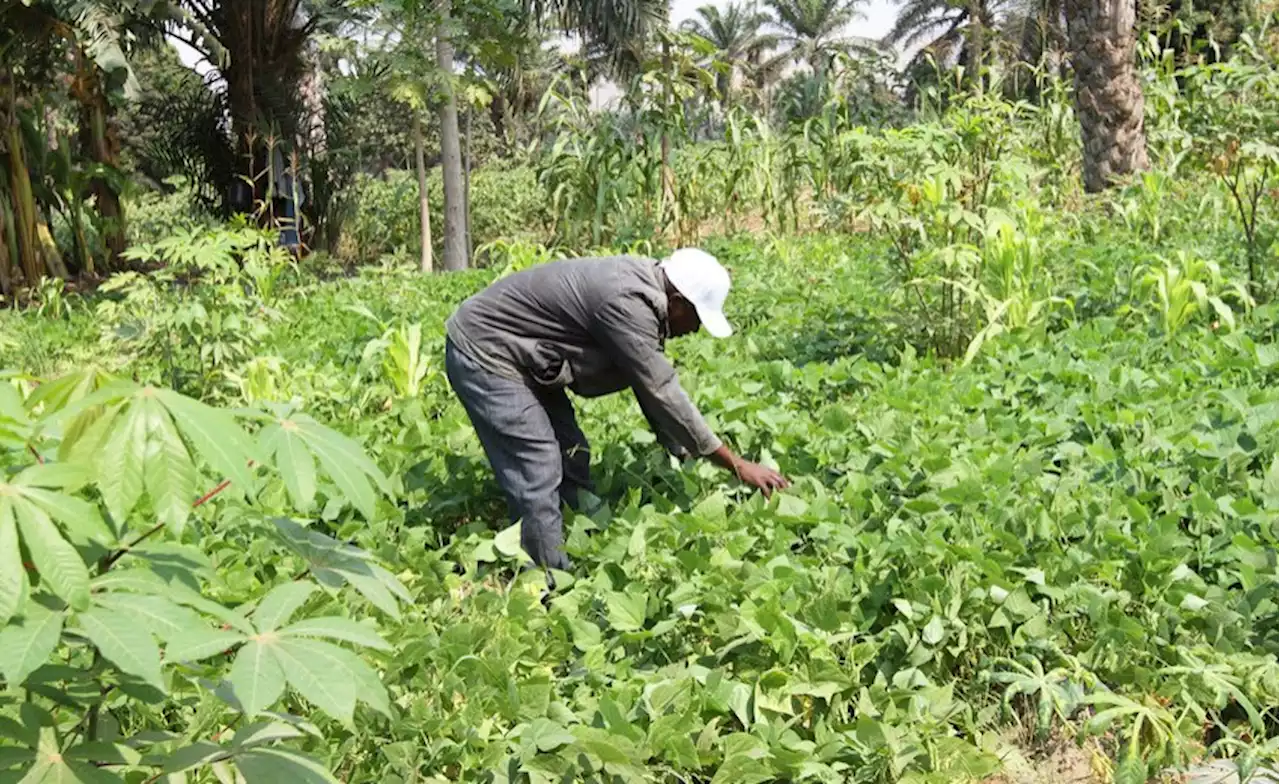SPONSORED | In Cape Town and across a number of African cities, Bolt moves more people on its roads than traditional bus transport systems. Boltapp_za
Ride-hailing, urbanisation, and climate change — these are some of the biggest factors shaping the world.
In Cape Town and across a number of African cities, Bolt moves more people on its roads than traditional bus transport systems. That is a substantial number, especially for a price-sensitive market. There is a need for us to support the circular and entrepreneurial economy and provide means for people to access opportunities, amenities and services.
Andrew Ihsaan Gasnolar is head of public policy for East and Southern Africa at Bolt. Picture: SUPPLIED The needs in individual markets require the weaving of structured technology interventions coupled with local insights and expertise to ensure the service offered is exceptional, uniform and enabling for drivers and passengers.
For Bolt to continue its success in these markets, there needs to be a fair sense of the challenges and the dynamics that come with each region. Much of it is about pivoting and working about problems, many of which are out of our control — like load-shedding and potholes.
South Africa Latest News, South Africa Headlines
Similar News:You can also read news stories similar to this one that we have collected from other news sources.
Bolt empowers African entrepreneurs while promoting ‘liveable’ citiesSPONSORED | The e-hailing service champions shared mobility and integrated transport systems for a more accessible, sustainable future on the continent
Read more »
The future of tech is female: apply for ALX's software engineering cohortSPONSORED | Are you ready to join a sisterhood of African women who'll help to transform the tech status quo across the continent? alx_africa is offering 50,000 sponsorships to one of its internationally certified software engineering programmes.
Read more »
 Sponsored Content: Is it time to make recycling plastic waste your business?Everyone has a vested interest in recycling plastic waste. It reduces pollution and helps the environment. But what if you could actually make a business out of it. Well, you can. Anyone can.
Sponsored Content: Is it time to make recycling plastic waste your business?Everyone has a vested interest in recycling plastic waste. It reduces pollution and helps the environment. But what if you could actually make a business out of it. Well, you can. Anyone can.
Read more »
Bolt looks to create 30 000 jobs in SARide-hailing firm Boltapp_za aims to create 30 000 in SA in the long-term. the_dti CityofCT ehailing EhailingSafety
Read more »
Become an authorised economic operator and make the world your playgroundSPONSORED | AEO status offers benefits for businesses engaged in the international trade of goods across borders
Read more »
 3 in 4 African Govts Spend More on Arms, Less on FarmsThree-quarters of African governments have already reduced their agricultural budgets while paying almost double that on arms, writes Baher Kamal for Inter Press Service. Africa is home to a quarter of the world's entire agricultural land. Nevertheless, in the 12 months that African leaders vowed to improve food security in the continent, over 20 million more people have been pushed into "severe hunger." The majority of African governments (48 out of 54) reportedly spend an average of 3.8% of their budgets on agriculture -some spending as little as 1%. Nearly three quarters of these governments have reduced their agricultural spending since 2019, failing to honour their Malabo commitments to invest at least 10% of their budget on agriculture. In 2014 African leaders signed the Malabo Declaration, which stipulated that African governments must spend at least 10% of their budget on Agriculture and supporting farmers. In contrast, "African governments spent nearly double that budget (6.4%) on arms in 2022. Ongoing conflict, especially in Sahel and Central Africa, has continued to destroy farmland, displace people and fuel hunger." Oxfam reports that climate change is fuelling hunger for millions of people around the world. "Extreme weather events have increased five-fold over the past 50 years, destroying homes, decimating livelihoods, fuelling conflict and displacement, and deepening inequality. Climate change has resulted in more frequent and intense droughts, floods, and heat waves.
3 in 4 African Govts Spend More on Arms, Less on FarmsThree-quarters of African governments have already reduced their agricultural budgets while paying almost double that on arms, writes Baher Kamal for Inter Press Service. Africa is home to a quarter of the world's entire agricultural land. Nevertheless, in the 12 months that African leaders vowed to improve food security in the continent, over 20 million more people have been pushed into "severe hunger." The majority of African governments (48 out of 54) reportedly spend an average of 3.8% of their budgets on agriculture -some spending as little as 1%. Nearly three quarters of these governments have reduced their agricultural spending since 2019, failing to honour their Malabo commitments to invest at least 10% of their budget on agriculture. In 2014 African leaders signed the Malabo Declaration, which stipulated that African governments must spend at least 10% of their budget on Agriculture and supporting farmers. In contrast, "African governments spent nearly double that budget (6.4%) on arms in 2022. Ongoing conflict, especially in Sahel and Central Africa, has continued to destroy farmland, displace people and fuel hunger." Oxfam reports that climate change is fuelling hunger for millions of people around the world. "Extreme weather events have increased five-fold over the past 50 years, destroying homes, decimating livelihoods, fuelling conflict and displacement, and deepening inequality. Climate change has resulted in more frequent and intense droughts, floods, and heat waves.
Read more »